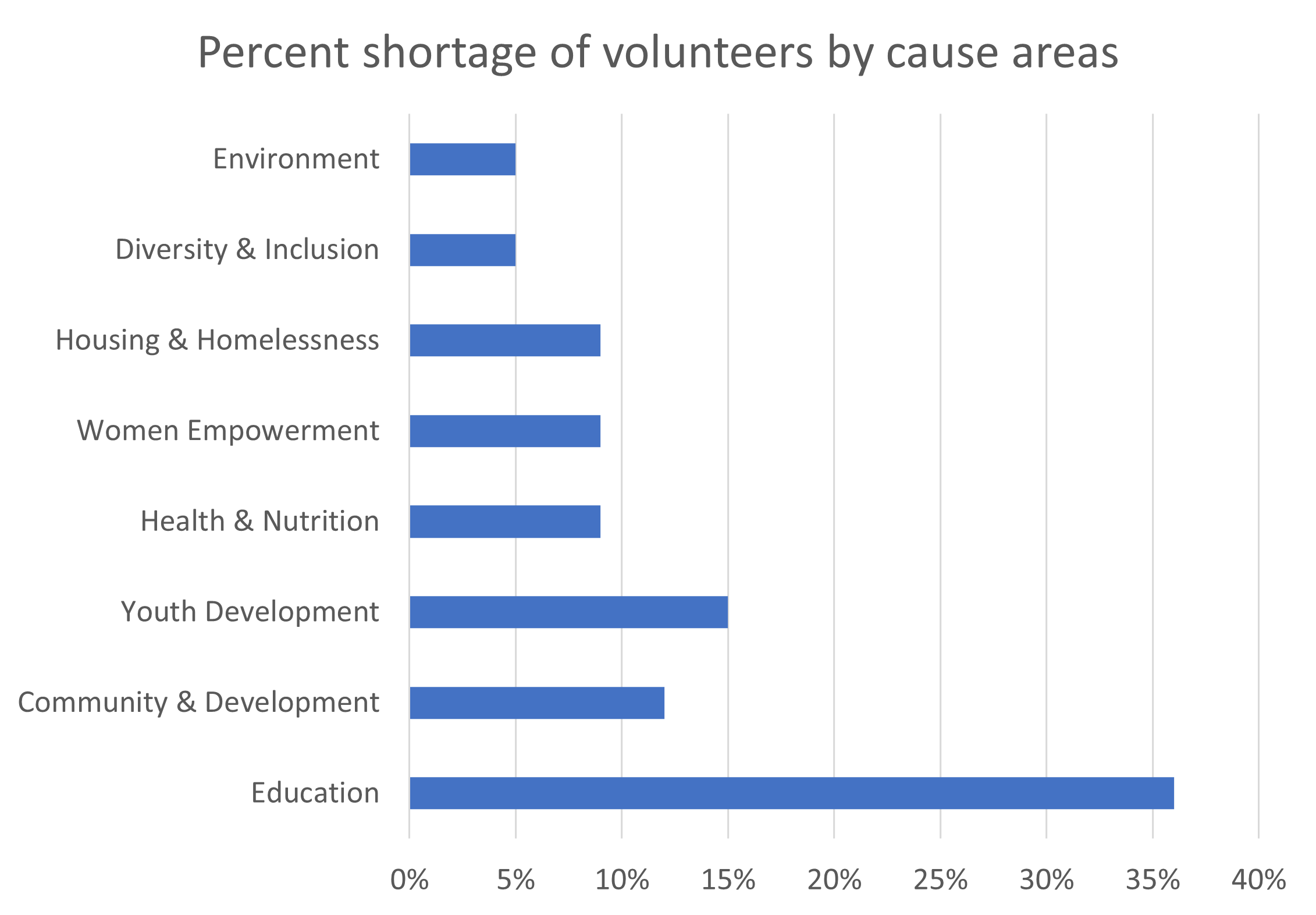Aside from posing fresh problems for us to overcome, the COVID-19 pandemic exposed layers of injustice that had been concealed in our system for decades. The wrongful death of George Floyd led the way for groundbreaking racial justice discussions. The lack of equal access to healthcare exposed the divide between the wealthy and the poor.
Everything seemed to be reaching a breaking point. People were compelled to do something – anything – to make a difference by channeling feelings of outrage, fear, hopelessness, and empathy towards a noble purpose.
From nonprofits to corporates, everyone felt the brunt of the pandemic damage last year. Let’s take a look at how these challenges have changed these institutions and set the stage for a more socially responsible society.
Companies will become more involved in the fight against social injustice
While we’ve traditionally thought of companies as for-profits, there’s no denying that they’re increasingly being entrusted with leading social change.
The Edelman Trust Barometer is an annual online study that examines trust in global organizations and includes 33,000 respondents from 28 countries. This year’s study indicated that confidence has declined across all types of social organizations, including government and media, amid the uncertainties exacerbated by COVID-19.
Inversely, trust in businesses has shot up in the last year.
Stakeholders in the business world, from employees to customers, have become increasingly concerned about how well businesses are pushing change beyond the economic motive.
The increased expectations placed on businesses necessitate a rigorous and intentional approach to civic participation.
Consumers want to shop from more ethical brands
Consumers now use social responsibility as a metric to assess a company’s “goodness” before making a purchase. Socially responsible brands will reap numerous benefits.
75% of people who have high brand trust will buy the brand’s product regardless of price and will remain loyal to it. Similarly, 60% of people who have a high level of brand trust are comfortable providing personal information with the company and pay attention to its messages.
People who trust in a brand are also more willing to share content about the brand, recommend it, and defend it in the face of controversies or crises.
Nonprofits must make up for the setback they faced in 2020
Nonprofit organizations have been struck the hardest by the pandemic, with 53% reporting a greater scarcity of volunteers during the crisis. Volunteer shortage was more visible among nonprofits that focus on education.
However, this created the groundwork for companies to assist organizations in obtaining the competent volunteers they require. Last year, virtual volunteering helped fill the volunteer gap for organizations all around the world by assisting them in finding trained volunteers through strategic corporate engagements.
To ensure that volunteer requirements are satisfied and effect is realized, a collaborative effort between for-profit and nonprofit organizations is essential. The onus is on corporations to continue interacting with organizations and giving support as they extend their volunteer programs to help their beneficiaries.
Generation Z and millennials prefer to work for companies with a purposeful mission
To recruit and keep exceptional employees, a strong company culture of giving back has always been critical. Company culture is much more vital now that we have a purpose-driven workforce.
According to a worldwide personnel trends survey, high-performing individuals are three times more inclined to work for a company that has a strong sense of purpose.
Younger workers are looking for organizations that are committed to making the world a better place and taking measures to make a difference. In fact, they have made decisions about the types of work they want to do and the organizations they want to work for over the previous two years based on their ideas and values.
According to statistics, millennials will make up 75% of the global workforce by 2025. By 2020, Gen Z is expected to account for 30% of the employment and 40% of the consumer market. The new workforce has arrived, bringing with it gusts of change that has the potential to alter corporate culture.
It’s time to take meaningful action
It’s commendable how quickly businesses are taking on the role of being change leaders in society. But as they say, with great power comes great responsibility.
Businesses need to take a serious stand on how they collaborate with nonprofits and governmental institutions to solidify their giving programs. For instance, activities such as virtual volunteering will start becoming a more permanent fixture in corporate programs.
In all their engagements, businesses must also be cognizant of consumer and employee demands. As the workforce becomes more focused on deriving meaning out of their work and customers become more interested in the social quotient of the businesses they buy from, businesses can no longer stay idle.
In 2020, we saw how readily human-made infrastructure could fall in the face of an unanticipated disaster. Simultaneously, we witnessed how far humanity can stretch and how resilient it can be in picking itself back up. We must use this renewed vigor to drive socially transformative initiatives that we need.



